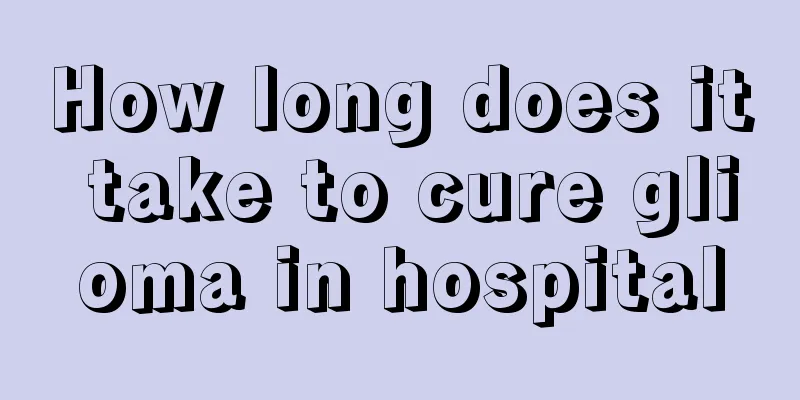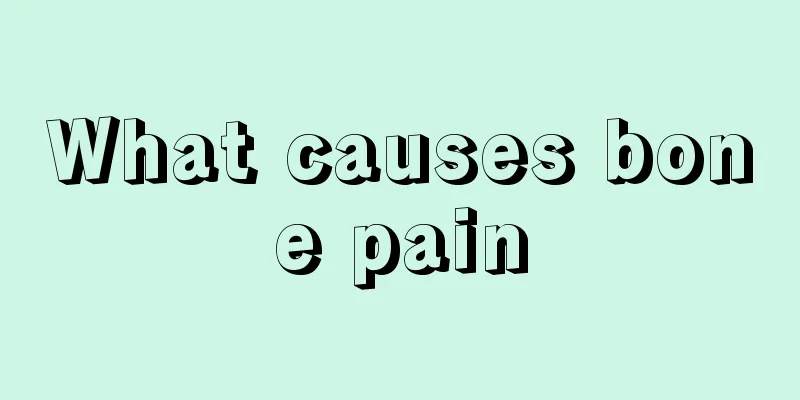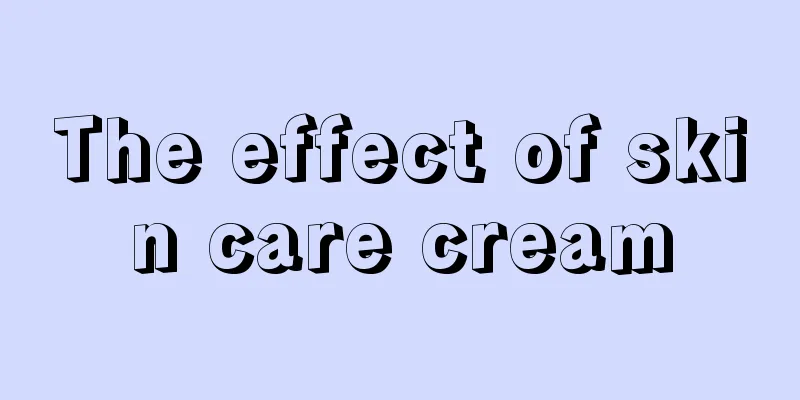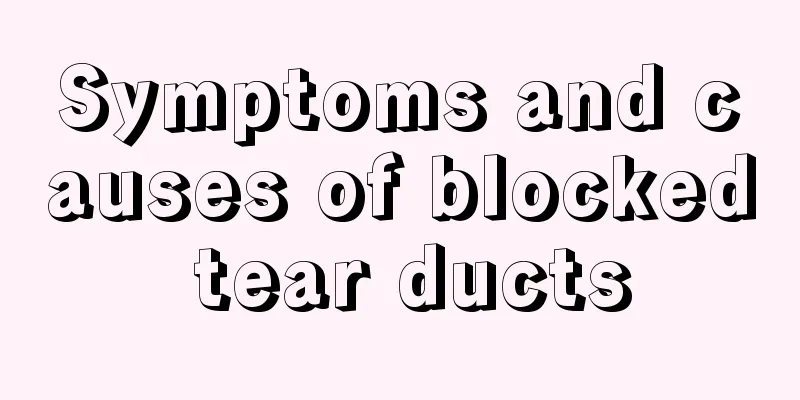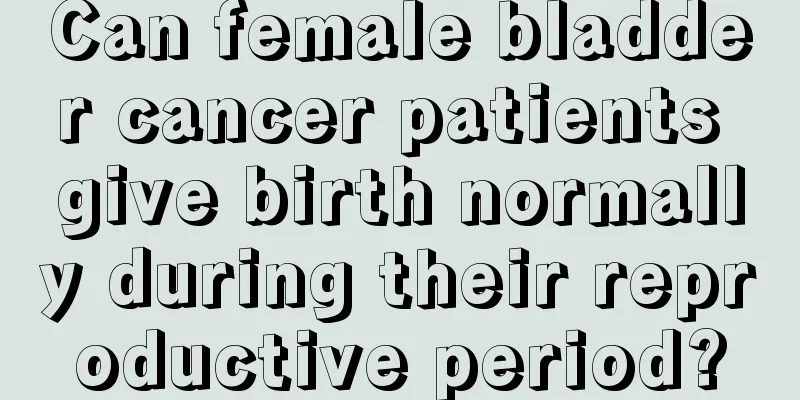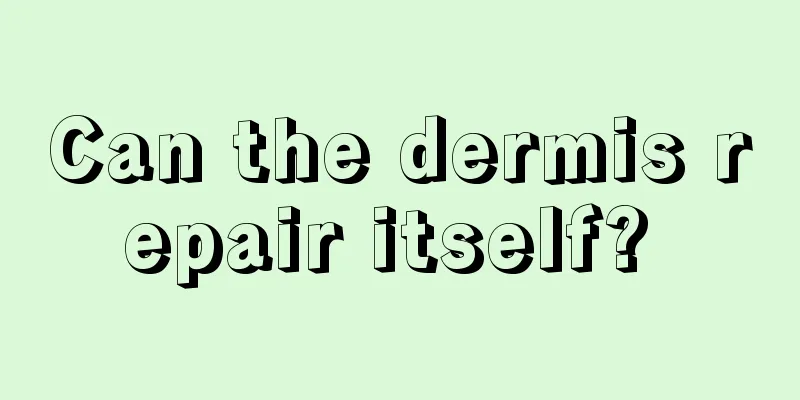The pros and cons of thyroidectomy
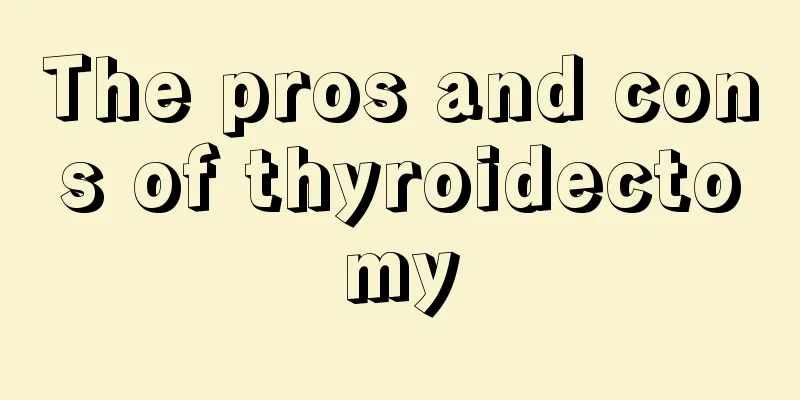
|
Every organ in the human body works together and coordinates with each other to provide energy and control metabolism, but some relatively unimportant organs in the human body can be removed. Therefore, if some organs of the human body are diseased, they can be removed surgically. Next, let’s take a look at the pros and cons of thyroid removal. The thyroid gland is the largest endocrine gland in the human body. Its function is to synthesize thyroid hormones and regulate the body's metabolism. If all thyroid tissue is removed surgically, the body's various systems will not be able to supply the thyroid hormones they need, and they must be supplemented by taking hormone drugs. If the patient's condition has not yet reached the surgical criteria, conservative treatment should be used as much as possible. The thyroid gland is an important endocrine gland in the human body. It is a thin layer located under the thyroid cartilage and just in front of the third and fourth cartilage rings of the trachea. It consists of two side lobes and a isthmus. After one side is removed, all or part of the thyroid tissue on the other side can still maintain the required physiological function. After thyroidectomy, artificial thyroid hormone supplementation is needed to meet the normal physiological needs of the human body. Thyroid function should be checked regularly and the dosage of supplementation should be determined based on the test results. Thyroid hormone is an important hormone in the human body and has a wide range of effects on the body. It must be supplemented in time to maintain physiological balance. If the thyroid gland is completely removed, hypothyroidism will occur. Patients who have undergone thyroidectomy should have regular follow-up visits after discharge, learn to observe their neck on their own, and come to the hospital for examination in time if they find any lumps in the neck. Do not eat foods such as soybeans and radishes for 3 months after the operation to avoid affecting the restoration of thyroid function. Patients who have undergone total thyroidectomy need to take thyroid preparations to balance the body's need for thyroid hormone. If medications cannot control hyperthyroidism, surgery to remove most of the thyroid gland may be considered. As long as the operation is done properly, it generally won't have much impact. |
<<: Why does my lower abdomen swell and ache when I get cold?
>>: What to do if your arm is cold and painful
Recommend
How to take better care of hamartoma
For ordinary people, because they do not understa...
Identify these clues to help you prevent "stomach"
Upper abdominal discomfort, dull pain, fullness a...
What to eat to help liver fibrosis
What is the best food for liver fibrosis? Many pa...
How to treat lumbar vertebral compression fractures
A common cause of lumbar vertebral compression fr...
There are so many pimples in my hair
Many women like long hair, and long flowing hair ...
How many days after tooth extraction can you brush your teeth? Brush your teeth correctly to avoid dry socket
There are many things to pay attention to after t...
Repeated ulceration after mosquito bites
Don't underestimate the power of mosquitoes. ...
Ground-glass opacity indicates several stages of lung cancer
What stage of lung cancer is ground-glass opacity...
How to deal with phlebitis caused by infusion?
Although intravenous infusion is a very commonly ...
The most effective ways to remove dark circles
Sometimes we will have dark circles under our eye...
Bamboo fiber underwear
Underwear is something we wear often. There are m...
The efficacy of Red Rabbit Crystal
Red rabbit crystal is a kind of red crystal. It i...
The surgical procedure for subtotal laryngectomy
Laryngectomy is a type of laryngeal resection and...
There is a spot on the corner of my eye
Beauty and facial care are very popular activitie...
Understanding radiotherapy for nasopharyngeal carcinoma
For NPC patients, since the nasopharynx is locate...
